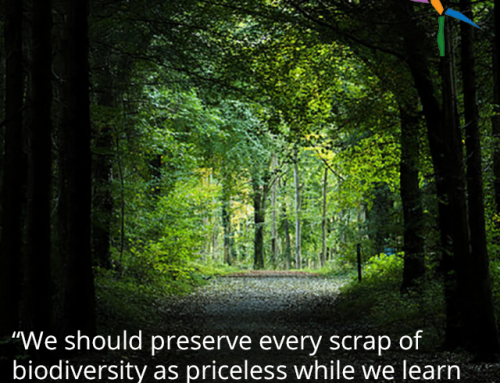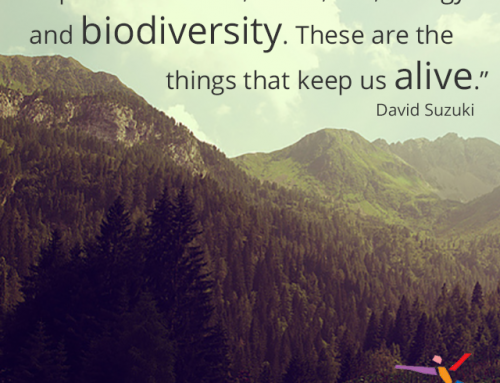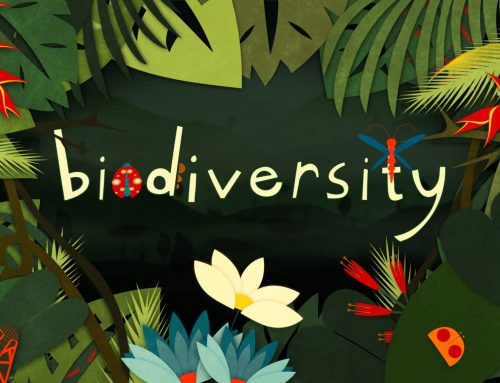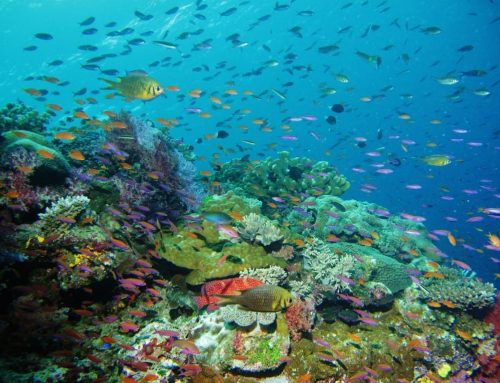One of the common frustrations we hear from passionate postconsumers is the inability that they experience to convert others to the idea of sustainable living or even green living. The truth is, getting people to change their behaviors can be a significant challenge. Recently, Les Robinson broke down the science of human behavior that can work for, and against, the goal of teaching people to break wasteful consumer habits (or, for that matter, any habit). We’ve summarized the key points for you below, though you are welcome to visit and read the entire article here.
Rule Number One: Understand that You Can’t Change a Person
You simply, honestly, cannot change a person’s beliefs or habits for them. If you approach the desire to change people with the idea that you can “convince” them to change, you’re bound for disappointment. What you can do, and what we all must do, is to create an environment that enables them to change as well as to educate them about the value of change through your own actions. At the end of the day, the only person who can change is the person themselves, and pressuring them or trying to force them will most likely fail. In fact, we almost always talk about finding satisfaction according to their own core values, rather than feeling deprived according to someone else’s.
Threats Don’t Work
Well, sometimes they work. However, those times are few and far between. What threats or inspiring fear will do is create denial and resistance about the need for change. Some would argue that much of the failure to convert people to ideas of sustainability or green living has more to do with campaigns of fear and “the end of the world.” People have not, in significant numbers, responded to such campaigns. And it’s likely that they never will.
Incentives May Work
For decades, economists and psychologists have argued about the value of incentives to effect personal change. The truth? Sometimes an incentive can work. Sometimes an incentive fails. Psychologists will tell you that incentives have short term benefits, but once the incentive is gone, the changed behaviors can revert.
So How Do You Affect Change?
You affect change by living it, so on days when you’re incredibly frustrated with the unwillingness of others to change as dramatically or as quickly as you’d like, just take time to remember that you can only ultimately be responsible for what you do. “What you do” can include education and encouragement, but at the end of the day you don’t personally have control of others’ actions, and you can’t allow that situation to deter or frustrate you.
Have any other advice on how to inspire others to adopt a more postconsumer lifestyle? Like us on Facebook and tell us about it!






